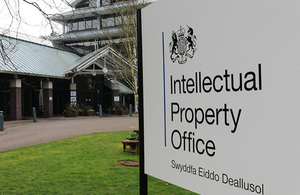Secondary legislation for the regulation of collecting societies
The Copyright (Regulation of Relevant Licensing Bodies) Regulations 2014 came into force on 6 April 2014.

These regulations support the self-regulatory framework developed by most collecting societies (the ‘relevant licensing bodies’ in the Regulations). They include powers which enable the government to remedy any gaps in the system of self-regulation should they emerge. This should improve the efficiency of collective licensing and strengthen confidence in the operation of collecting societies, delivering benefits for their members and licensees.
The regulations enable the Secretary of State for Business, Innovation and Skills to act using a three step process where a collecting society’s self-regulatory code of practice does not comply with the minimum standards. Where a collecting society has not adopted a compliant code of practice the Secretary of State may direct it to do so.
Using powers in the regulations the Secretary of State can impose financial penalties on collecting societies or individual directors up to a maximum of £50,000. If invoked, the penalties are capped at £50,000 and both the amount and the imposition may be appealed against, as can the decision to impose a compliant code. All appeals will be heard by the General Regulatory Chamber of the First-tier Tribunal, which is part of Her Majesty’s Courts and Tribunals Service.
The regulations also contain other provisions which enable the Secretary of State to:
-
appoint a licensing code ombudsman if no satisfactory self-regulatory ombudsman is appointed
-
appoint a code reviewer if there are problems with the self-regulatory appointment
-
recover the costs incurred in making appointments or imposing statutory-regulation on the licensing bodies concerned
The Intellectual Property Office has also published guidance which provides advice for collecting societies on how to comply with the regulations.
These regulations have been made using a power in the Enterprise and Regulatory Reform Act.